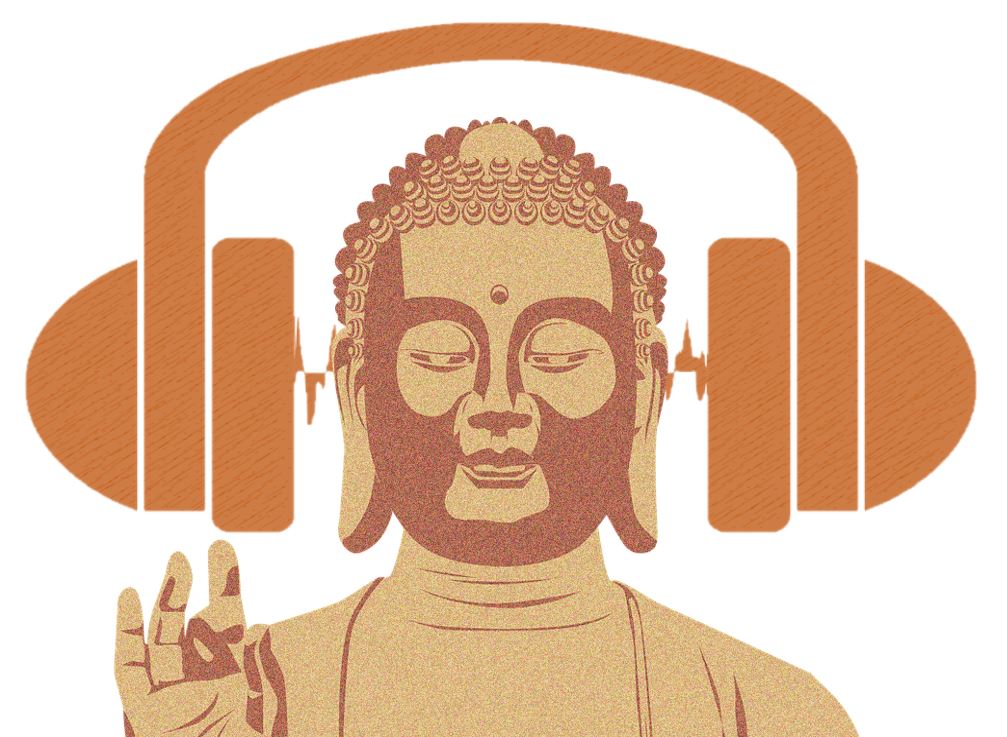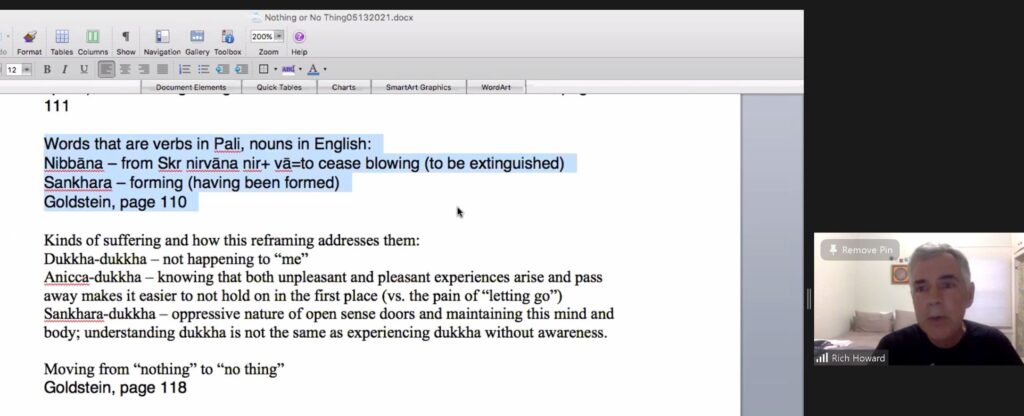Developing a Mind/Heart of Peace The Paramis are qualities of heart that when developed bring the highest blessing, which is peace. In honor of the passing of Thich Nhat Hanh, Rich will use illustrations from the beloved Zen Master’s life for development of the Paramis in daily life. We will see how Thay embodied patience, renunciation, determination, truthfulness, and other qualities of the heart to bring peace at the individual, community, and global scales. Please bring a story of how you have been influenced by Thich Nhat Hanh’s teaching, in person, online, or through his writing: a short quote, a song, a poem, or one of his books. We have invited special guest Helen Hobart to share her experience practicing with Thay.
Rich donated all the dana he received from the presentation to the Thich Nhat Hanh Foundation.


